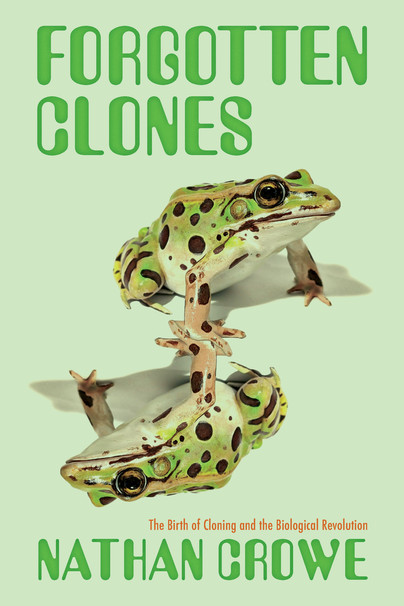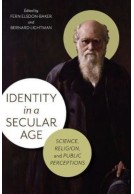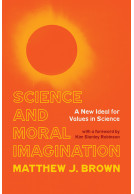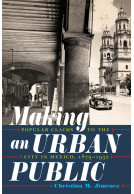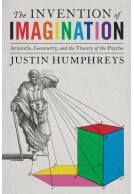Google Books previews are unavailable because you have chosen to turn off third party cookies for enhanced content. Visit our cookies page to review your cookie settings.
The Forgotten Clones (Hardback)
How Nuclear Transplantation Changed Science and Society
Imprint: University of Pittsburgh Press
Series: Science, Values, and the Public
Pages: 336
ISBN: 9780822946274
Published: 28th May 2022
Script Academic & Professional
Series: Science, Values, and the Public
Pages: 336
ISBN: 9780822946274
Published: 28th May 2022
Script Academic & Professional
Usually available in 6-8 weeks.
You'll be £43.50 closer to your next £10.00 credit when you purchase The Forgotten Clones. What's this?
+£4.99 UK Delivery or free UK delivery if order is over £40
(click here for international delivery rates)
Need a currency converter? Check XE.com for live rates
(click here for international delivery rates)
Need a currency converter? Check XE.com for live rates
Long before scientists at the Roslin Institute in Scotland cloned Dolly the sheep in 1996, American developmental biologist and aspiring cancer researcher Robert Briggs successfully performed the technique of nuclear transplantation by cloning frog nuclei in 1952. Although the history of cloning is often associated with contemporary ethical controversies, The Forgotten Clones revisits the influential work of scientists like Briggs, Thomas King, and Marie DiBerardino, before the possibility of human cloning and its ethical implications first registered as a concern in public consciousness, and when many thought the very idea of cloning was experimentally impossible. By focusing instead on new laboratory techniques and practices and their place in Anglo-American science and society in the mid-twentieth century, Nathan Crowe demonstrates how embryos constructed in the lab were only later reconstructed as ethical problems. His book illuminates the importance of the early history of cloning for the biosciences and their institutional, disciplinary, and intellectual contexts, as well as the changing relationship between science and society after the Second World War.
Other titles in the series...
Other titles in University of Pittsburgh Press...







